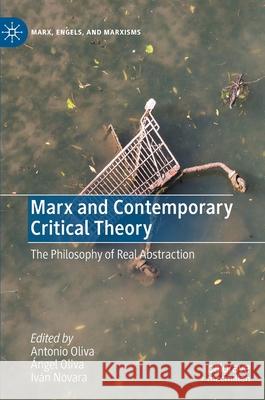Marx and Contemporary Critical Theory: The Philosophy of Real Abstraction » książka
topmenu
Marx and Contemporary Critical Theory: The Philosophy of Real Abstraction
ISBN-13: 9783030399535 / Angielski / Twarda / 2020 / 338 str.
Marx and Contemporary Critical Theory: The Philosophy of Real Abstraction
ISBN-13: 9783030399535 / Angielski / Twarda / 2020 / 338 str.
cena 563,56
(netto: 536,72 VAT: 5%)
Najniższa cena z 30 dni: 539,74
(netto: 536,72 VAT: 5%)
Najniższa cena z 30 dni: 539,74
Termin realizacji zamówienia:
ok. 16-18 dni roboczych.
ok. 16-18 dni roboczych.
Darmowa dostawa!
Kategorie BISAC:
Wydawca:
Palgrave MacMillan
Seria wydawnicza:
Język:
Angielski
ISBN-13:
9783030399535
Rok wydania:
2020
Wydanie:
2020
Numer serii:
000766862
Ilość stron:
338
Waga:
0.57 kg
Wymiary:
21.01 x 14.81 x 2.06
Oprawa:
Twarda
Wolumenów:
01
Dodatkowe informacje:
Wydanie ilustrowane











